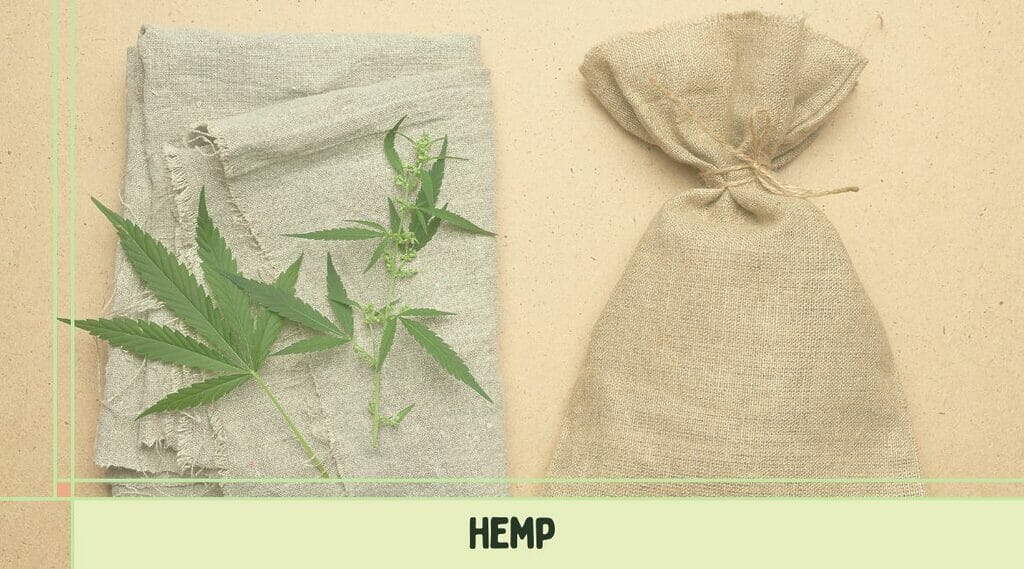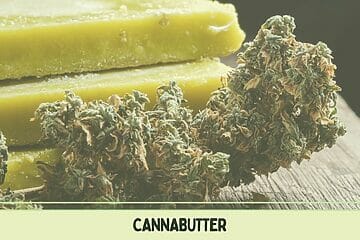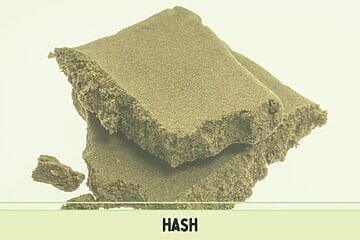You’ve probably heard of hemp before, but you may not know exactly what it is. Hemp is a variety of the Cannabis sativa plant that has been used for thousands of years. Along with other cannabinoids, hemp plants contain very low levels of THC (below 0.3 percent), the psychoactive compound responsible for the “high” associated with marijuana use. This is why many people have started to use hemp-based products such as hemp oil and hemp-based clothing. In this blog post, we’ll give you a crash course on all things hemp so that you can learn more about this fascinating plant.
Table of Contents
A Brief History of Hemp Use
Hemp has been cultivated for centuries for a variety of purposes. Early Chinese civilizations used hemp to make paper, rope, and clothing. In the 1600s, European settlers brought hemp to North America, where it was used to make sails and ropes for ships. During the American Revolution, farmers were required to grow hemp because of its many uses.
Hemp continued to be an important agricultural crop in the United States until the early twentieth century. At that time, the production of hemp began to decline due to the rise of synthetic fibers like nylon and polyester. In 1970, the federal government further restricted hemp cultivation with the passage of the Controlled Substances Act. This Act classified all cannabis plants—including hemp—as Schedule I drugs, putting them in the same category as heroin and LSD. Classifying our beloved plant on par with heroin speaks for itself…
The Revival of Hemp
In recent years, there has been a renewed interest in hemp as a commercial crop. In 2014, Congress passed the Farm Bill, which included a provision that allowed states to conduct pilot programs to study the cultivation and marketing of industrial hemp. As a result of these pilot programs, hemp is now being grown in more than 30 states across the United States.
The Future of Hemp
So what does the future hold for hemp? Only time will tell, but there are certainly many potential applications for this versatile plant. In addition to its traditional uses in paper and textile production, hemp can also be used to create biofuels, building materials, environmentally-friendly plastics, and even food products. With so many possible uses, it’s not hard to see why there is so much excitement about this humble plant!
What are the Benefits of Hemp Plants
- Hemp is a very sustainable crop that can be used for a variety of purposes.
- The plant grows quickly and doesn’t require a lot of water or pesticides to thrive. It can be used to make a variety of products, including paper, clothing, and biofuel.
- Hemp can help to reduce pollution in several ways.
- For example to make biodegradable plastic. Additionally, hemp can be used as a biofuel, which can help to replace fossil fuels and reduce emissions of greenhouse gases.
- Hemp is good for the soil as it helps to improve soil health.
- The plant’s roots grow deep into the ground, which helps to aerate the soil and prevent erosion. Additionally, hemp leaves fall off the plant naturally, providing organic matter that helps to improve soil fertility.
- Hemp requires very little water to grow.
- It makes it an ideal crop for drought-prone areas. The roots help it to access water that is deep in the ground, allowing it to thrive even in dry conditions.
- Hemp is naturally pest-resistant.
- This means that it doesn’t require the use of pesticides to grow well. This is beneficial as it reduces the number of chemicals required to grow the crop, harming the environment and human health.
- Hemp is an excellent source of fiber.
- Hemp fiber can be used in various products such as paper, textiles, construction materials, biofuel, and even food products such as hemp milk, tofu, and ice cream.
- Hemp is relatively easy to grow compared to other crops.
- It doesn’t require a lot of water or pesticides, and it grows quickly. This makes hemp an ideal crop for farmers who are looking for an environmentally friendly option.
The Legal Status of Hemp
While the legal status of hemp has been debated in recent years, the plant itself has a long history of use. Hemp is a species of Cannabis sativa. The plant can also be used to create CBD oil, which has been shown to have various health benefits. Hemp was historically grown in many parts of the world, but its cultivation was banned in the United States in 1937. The passage of the 2018 Farm Bill paved the way for the legal cultivation of hemp once again. The bill removed hemp from the Controlled Substances Act, making it legal to grow and sell the plant in the United States. While the legal status of hemp is still evolving, the plant has great potential as a renewable resource and I’m convinced its use will only grow in the future. Just think about this for example, how much plastic could be replaced; and what would be the long-term effect of this?
What to Know About Hemp Seeds
- Hemp seeds are the seeds of the hemp plant, Cannabis sativa.
- Considered a superfood because of their nutrient density and health benefits.
- High in protein and essential fatty acids, containing all 20 amino acids.
- Great source of fiber, vitamins, and minerals, including magnesium, potassium, and iron.
- Hemp seeds can be eaten raw, roasted, or ground into a powder.
- Can be used to make hemp milk, oil, and soap.
- Hemp seeds are legal in the United States, but they must be imported from other countries because they cannot be grown commercially in the United States.
Conclusion
Hemp is a fascinating plant with a long history of cultivation for a variety of purposes. There has been a renewed interest in growing hemp as a commercial crop in recent years due to its many potential applications. Only time will tell what the future holds for this beautiful plant, but one thing is certain: Hemp is here to stay!
FAQ – Frequently asked Questions
What is hemp seed milk?
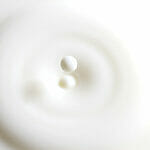
Hemp seed milk is a type of non-dairy milk made from hemp seeds. Unlike other non-dairy kinds of milk, that milk contains no lactose or cholesterol, making it a good choice for those with lactose intolerance or high cholesterol. It is also a good source of protein, omega-3 fatty acids, and vitamins A and E. The taste of it has been described as nutty and creamy, making it a popular choice for use in smoothies, cereal, and baking. It can be found in most health food stores and is increasing in popularity as a dairy-free alternative.
What are the benefits of hemp seed oil?
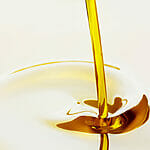
Hemp oil is a natural, non-psychoactive oil that contains a variety of nutrients and minerals, including omega-3 and omega-6 fatty acids, vitamin E, and magnesium. Hemp oil has many benefits for the skin, including reducing inflammation, acne, and dryness. It can also be used to treat conditions like eczema and psoriasis. In addition, hemp oil is an excellent source of nourishment for the hair and nails. When used as a hair treatment, it can help to reduce split ends and add shine. When applied to the nails, it can help to strengthen them and prevent breakage. Hemp oil is a versatile product that can be used to improve the health of both the skin and hair.
How to identify hemp plants?
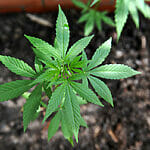
When trying to identify hemp plants, look for tall plants with skinny leaves that mostly grow in warm climates. The flowers of hemp plants are small and greenish-white in color.
What is hemp fibre?
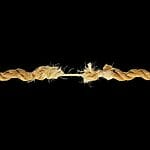
Hemp fiber is a type of natural fiber that is obtained from the hemp plant. The plant’s stem is the source of fiber, which is composed of cellulose and lignin. Hemp fiber has several properties that make it useful for a variety of applications. It is strong and durable, making it well-suited for use in rope and fabric. In addition, hemp fiber is resistant to mold and mildew, making it an ideal material for use in damp or humid environments. Hemp fiber can also be used as a food source or as a source of oil. When used as a food source, hemp fiber provides a high level of protein and essential fatty acids. When used as an oil source, hemp oil can be used for cooking or as a dietary supplement. Hemp oil is also effective in treating skin conditions such as eczema and psoriasis. Hemp fiber is just one of the many uses for the versatile hemp plant.

